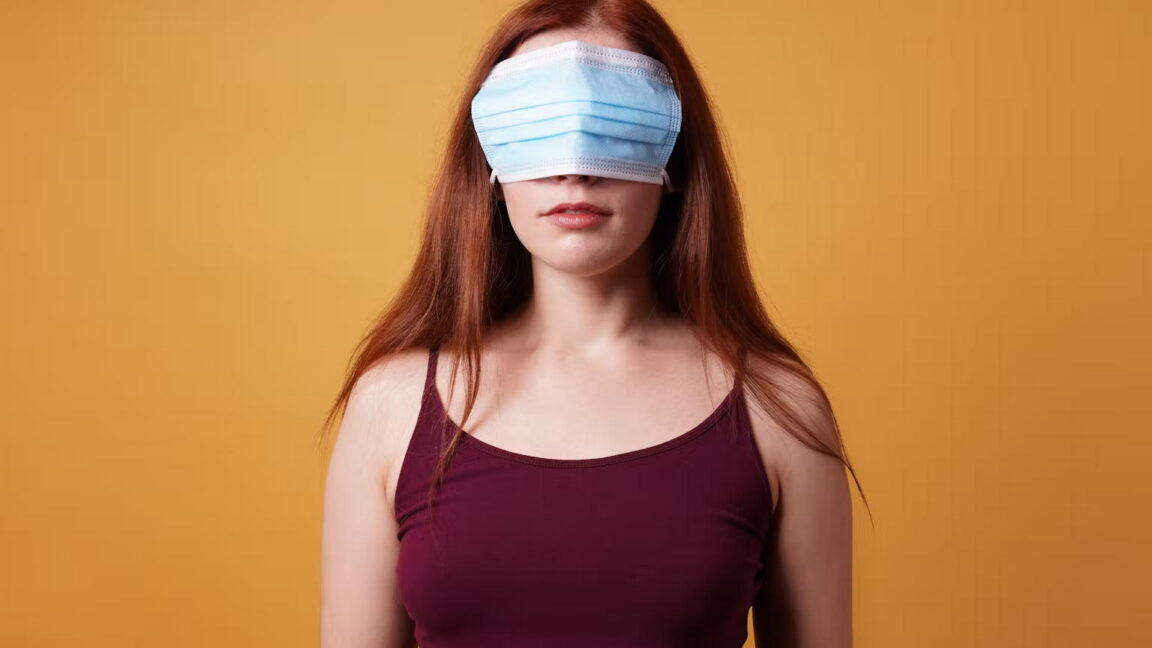The strongest predictor of whether someone believed in COVID-19-related misinformation and risks related to the vaccine was whether they viewed COVID-19 prevention efforts in terms of symbolic strength and weakness. In other words, this group focused on whether an action would make them appear to fend off or “give in” to untoward influence.
[…]
Our findings highlight the limits of countering misinformation directly, because for some people, literal truth is not the point.



You and me both. It’s a bit terrifying how much of this has momentum outside the US. The supporters of South Korean president that ordered military rule wearing MAGA hats, or how often the talking points pop up outside the US, especially during US election cycles, from the “free thinkers”.
Thinking of my personal experience, I get that, especially on the mental health front. Thinking of societal / political implications though, doesn’t that just give time to scatter information that’s hard to dislodge? A lot of what I’ve heard is the importance of prebunking, like what’s written in The Debunking Handbook (2020).
I’ll save this post and get back to it. I also have a long boring flight coming up soon.
Ooh, thanks. I’ve given up on trying to debunk things to people who’s reality has become highly subjective and vibes based. But I’m going to look at that book anyway. Inoculation is the tactic I’ve been using with my family to try and keep them out of pitfalls and I definitely swear by that